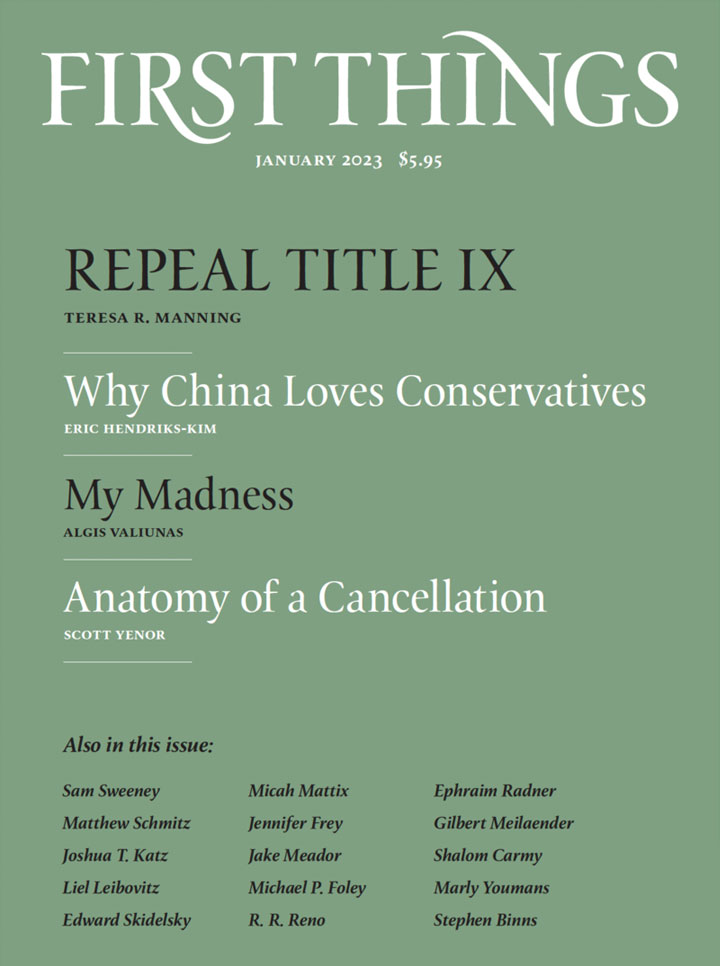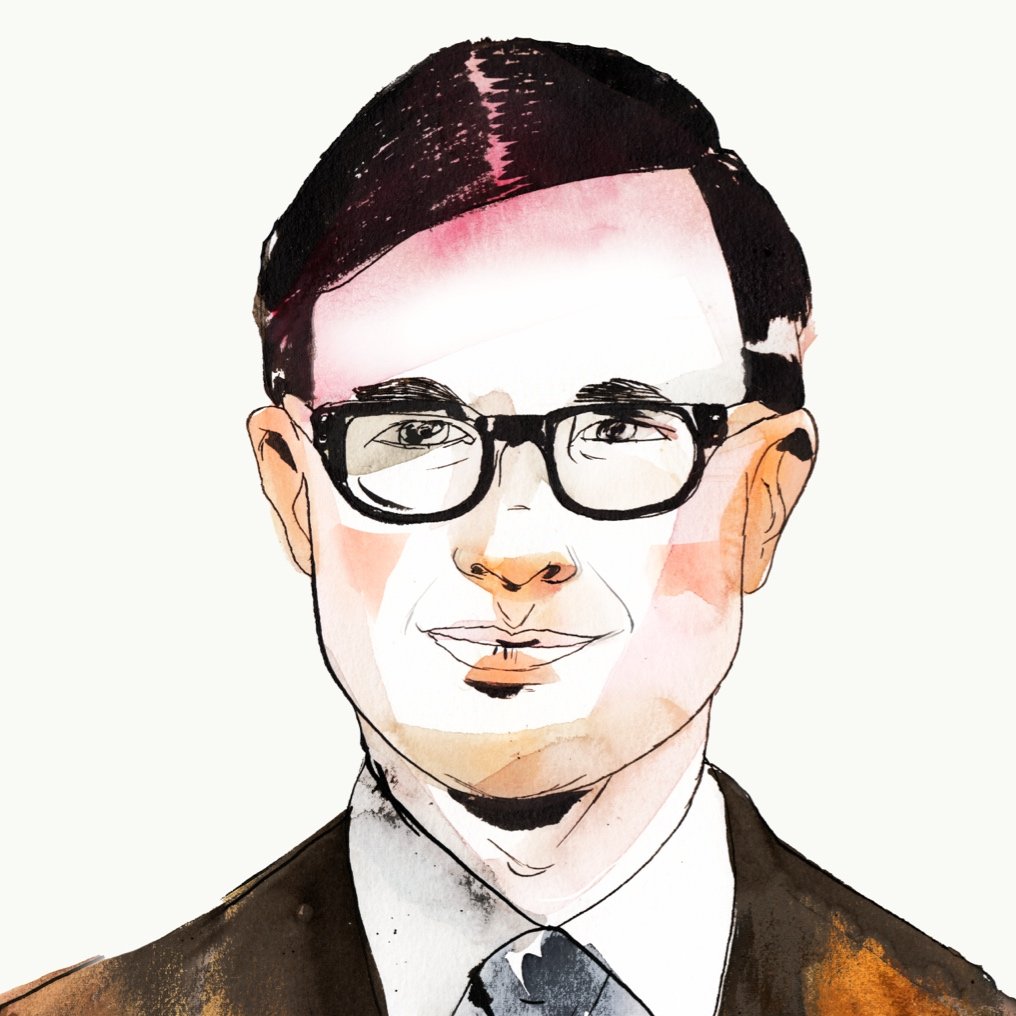In the summer of 2020, HBO removed Gone with the Wind (1939) from its streaming service. The move came in response to an op-ed by John Ridley, screenwriter of 12 Years a Slave (2013), which charged that the film “glorifies the antebellum south,” “romanticizes the Confederacy,” and perpetuates the myth of the Lost Cause. Progressives rushed to denounce the film, and conservatives rose up in its defense. The controversy was not bad for the film’s sales (Gone with the Wind promptly shot to the top of Amazon’s bestseller list), but it had the unfortunate effect of perpetuating a false idea of its source material, Margaret Mitchell’s novel of the same title, which is less reactionary, and more progressive, than the polemics around it suggest.
Mitchell’s Gone with the Wind (1936) was an international publishing sensation, selling more than 25 million copies in thirty-seven countries in its first fifty years. Plainly, its appeal extended far beyond readers who were attached to the antebellum American South and sympathetic to its “peculiar institution.” The vast majority of these book-buyers were not downwardly mobile members of the formerly landed gentry, nostalgic for the world of their grandparents. They were not adherents to the Lost Cause, nor were they ideological reactionaries. They were working people who had lived through war and depression—strivers and spenders who identified with the novel’s heroine, the indomitable Scarlett O’Hara.
More than a lament for a leisured rural aristocracy, Gone with the Wind is a celebration of the enterprising urban bourgeoisie. In order to understand the politics of Mitchell’s book, it is useful to contrast it with the vision of Southern life championed by John Crowe Ransom, the agrarian writer who hoped that the South would rise again as a bulwark against modernity. In I’ll Take My Stand, the Southern agrarian manifesto published six years before Gone with the Wind, Ransom praised those who “look backward rather than forward.” Nostalgia, he pointed out, is the emotional response to uprooting. It is the pain we feel when we are separated from the places, routines, and faces we have known. Ransom urged his readers to heed their nostalgia and stand against “urbanized, anti-provincial, progressive, and mobile American life.” To this end, he applauded the Southerner’s “fierce devotion to a lost cause.” He held up the South as a society that knew the importance of the arts of leisure. He defended the “Southern gentleman and his lady, and their scorn for the dollar-chasers.”
On each of these points, Mitchell preaches a different creed. Her book warns against nostalgia, even as it freely trades on its appeal. It denigrates attachment to any lost cause, hymns hard work and entrepreneurship, and revels in the life of the city. It celebrates the outsiders who challenge the conventions upheld by respectable men and nice ladies. In all these ways, its attitudes are self-consciously modern rather than antique.
The contest between nostalgia and realism, between looking back and moving forward, is embodied in the choice Scarlett faces between Ashley Wilkes and Rhett Butler, the two claimants to her devotion. Ashley is the high-minded scion of the rural aristocracy, a leisured gentleman known for “ordering French and German books by the crate from the Yankees.” To a remarkable degree, he embodies Ransom’s image of the ideal Southerner. He looks back to the old ways. He dutifully fights for the Confederacy, despite thinking it a foolish war from the beginning. He puts civilized pursuits before profit.
Rhett, by contrast, is an urbanite, native to the port city of Charleston and at home in the bustling streets of Atlanta. He laughs at the idea of enlisting, relenting only after he has had ample time to profit from the war (“There is just as much money to be made out of the wreckage of a civilization as from the upbuilding of one”). He curtly dismisses the past to which Ashley clings (“Our Southern way of living is as antiquated as the feudal system of the Middle Ages”). And he never misses an opportunity to express contempt for the social establishment that has rejected him. (Notoriously, he refused to marry a girl with whom he was stranded along the road, an accident that compromised her in the eyes of society.)
Scarlett spends the novel infatuated with Ashley and persuaded that she does not and cannot love Rhett. She dreams of breaking up Ashley’s marriage to his cousin Melanie. And though he warns that his endogamous marriage suits him (“She is like me, part of my blood”), Ashley gives Scarlett just enough encouragement in rare flashes of carnal interest to keep this particular lost cause alive. Rhett, meanwhile, patronizes Scarlett, knowing that she would despise him if he revealed his love to her (“You’re so brutal to those who love you, Scarlett”).
For Mitchell, the choice is clear. Ashley is too much a creature of the old order to succeed after it has broken up. “I am fitted for nothing in this world,” he says after the war, “for the world I belonged in has gone.” To describe his experience of this apocalypse, he resorts to bookish terms like Götterdämmerung, to Scarlett’s exasperation. Unable to make it on his own, he comes to rely on Scarlett for his survival and that of his family. Ashley’s inability to shake off old ways unmans him. As a young woman, Scarlett regarded Ashley as a latter-day knight, whose blond hair shone “like a silver helmet.” But it turns out he is the damsel in need of rescuing.
Scarlett’s choices (not to mention the promptings of her libido) show that her true affinity is with Rhett. At the story’s turning point, shortly after fleeing conquered Atlanta and before declaring that she’ll never go hungry again, Scarlett decides that “there [i]s no going back and she [i]s going forward.” Her resolution leads her to violate the taboos that uphold the ideal of Southern womanhood and the myth of the Lost Cause. In pursuit of material security, she makes a mercenary marriage, buys two mills, and runs them with convict labor.
Scarlett’s pursuit of profit places her at odds with the prejudices of her peers in society. She trades with the Yankees, and commercial contacts lead to social connections. Her fraternization with the hated occupiers scandalizes the rebel sorority. “Why do folks in this town treat me so scurvily and talk about me so?” she asks Rhett. “I’ve minded my own business and haven’t done anything wrong and—” But of course it is precisely how well she minds her business, how single-mindedly and effectively she pursues the profit motive, that turns her against the old order, and it against her.
Like Rhett, Scarlett becomes an outsider hero. She is defined in opposition to the proper Southern ladies and gentlemen Ransom hoped to revive. “Why should I fight to uphold the system that cast me out?” Rhett asks Scarlett. “I shall take pleasure in seeing it smashed.” The couple marry—devoutly in Rhett’s case, cynically in Scarlett’s—and build Atlanta’s grandest and most vulgar mansion, providing fodder for the city’s gossips. They stand as a rebuke to a society that is too narrow, too hidebound, too intolerant. “All you’ve done is to be different from other women and you’ve made a little success at it,” Rhett tells Scarlett. “That is the one unforgivable sin in any society. Be different and be damned!”
Whatever the ladies may say, Scarlett’s business sense does her honor, just as Ashley’s inability to adapt brings him shame. Mitchell’s admiration for hard work and resourcefulness sets her apart from Ransom and reflects her upbringing. Mitchell’s family was filled, in her father’s words, with “mighty businessmen”—some of whom were women. They were not, in the main, genteel inheritors of old estates, but people who engaged in building, land-speculation, and property development. They were drawn to the bustling rail hub of Atlanta, and they profited from its growth.
It is no wonder, then, that Gone with the Wind is in certain ways highly contemporary. Reading it today, one is struck by how fateful is the moment when Scarlett first uses the n-word. For in her society no less than ours, use of that word is inconsistent with respectability. Likewise, the condescending respect accorded ladies bears a remarkable resemblance to etiquette in the age of #BelieveWomen. As Mitchell caustically observes, “A gentleman always appeared to believe a lady even when he knew she was lying. That was Southern chivalry.”
In these ways and more, the proper name for Mitchell’s story is not Gone with the Wind but another title she considered, drawn from the last lines of the book: Tomorrow Is Another Day. This forward-looking slogan better embodies the book’s progressive spirit, to which we retain an unacknowledged loyalty—even if, like Rhett at the novel’s end, we sometimes tire of striving and seek comfort in the places we have known.


